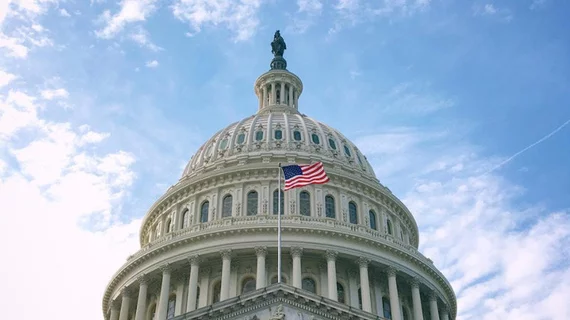HHS drug pricing advisor dies
Daniel Best, a senior advisor to HHS Secretary Alex Azar, passed away, the agency announced Thursday. He worked with HHS on drug pricing reform.
"It is with tremendous sadness that I learned of the passing of our friend and colleague," Azar said in a statement. "I had the great privilege to know Dan Best for the past decade. He joined me here at HHS out of a desire to serve the American people by making healthcare more affordable. He brought his deep expertise and passion to this task with great humility and collegiality."
Best formerly worked as an executive with CVS Health. HHS did not specify a cause of death.
“What a loss to our country and to all of us personally who had the great privilege of working with Dan," CMS Administrator Seema Verma said. "We appreciate his dedication and commitment, and his warmth, sincerity, and generosity came through in everything he did."
President Trump, HHS and CMS recently announced their plan to lower drug prices by reforming Medicare Part B payments to reflect international prices. The model could be introduced in a proposed rule in 2019.
Best published a blog post about the new model on Oct. 30 on HHS’ website.

